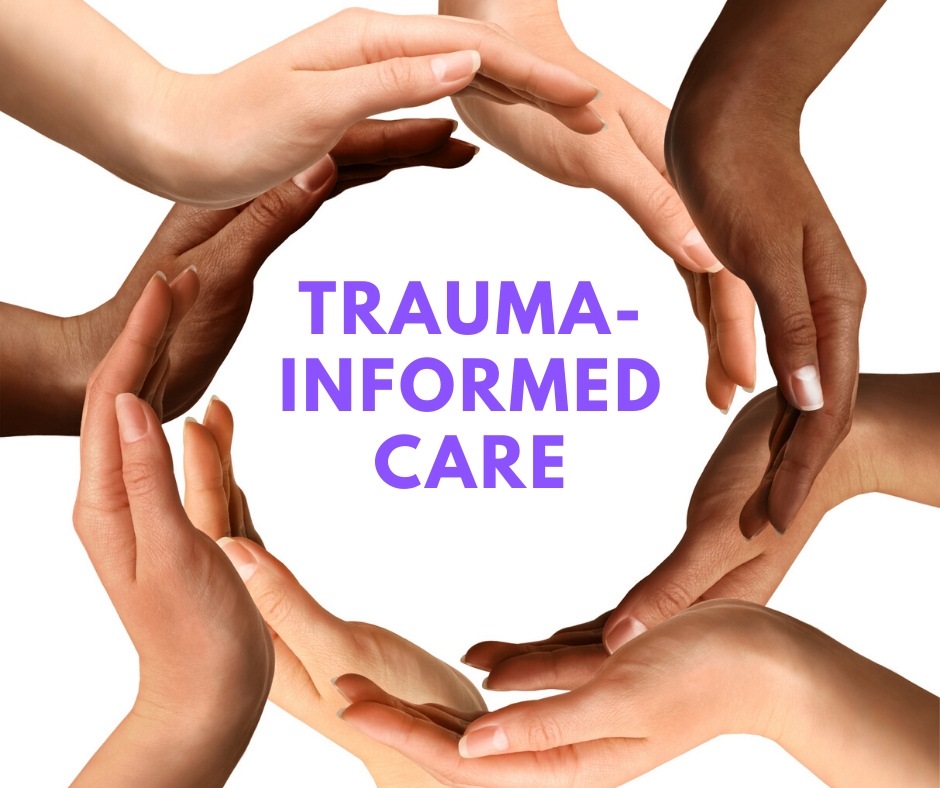 The American College of Obstetricians and Gynecologists recommends that physicians elicit a sexual abuse and rape trauma history for every patient. Yet in practice, physicians may still struggle to understand how best to obtain this history and what clinical obligations arise when a physician inquires, and a woman discloses a remote history of childhood or adult sexual trauma during her prenatal care.
The American College of Obstetricians and Gynecologists recommends that physicians elicit a sexual abuse and rape trauma history for every patient. Yet in practice, physicians may still struggle to understand how best to obtain this history and what clinical obligations arise when a physician inquires, and a woman discloses a remote history of childhood or adult sexual trauma during her prenatal care.
In a recent interview, psychologist Dr. Rachel Davidson, stated that physicians should tailor their approach to taking a sexual health history. They should make taking sexual health history a standard practice.
Rather than asking a direct question such as “Have you ever been assaulted?’, a physician should try, “Have you ever had any unwanted sexual experiences?” They should advise on choices of care providers and birthplaces that are likely to match the woman’s needs and encourage her to disclose any fears or concerns.
If the patient reveals she has been sexually abused before, physicians should not take too much information at that time, because it might be the first time the patient is speaking up about it. What is important to ask after the disclosure of sexual abuse is the date and time of the abuse, because this can help determine the necessary treatment and relevant STI screenings. Physicians should then offer a mental health referral.
It is critical that practitioners have these conversations with patients in a safe setting; not while the patient is naked under their robe on the exam table.
Occasionally, survivors of sexual abuse will not disclose abuse histories, so medical practitioners should act as if all patients have a trauma history. Practitioners can create a therapeutic experience even if the patient doesn’t disclose their abuse history by operating from trauma-informed model. They can ask passive questions like, “Is there anything in your history that makes seeing a practitioner or having a physical examination difficult?” or “Is there anything I can do to make your visit and exam easier?”. Midwives should create an empowering birth environment and offer women postpartum support to enable them to care for their new babies.
Clinical Indicators of Possible Past Sexual Trauma:
- Not able to feel fetal movement. Some women have “numbed” that part of the body
- Hyperemesis gravidarum (a pregnancy complication that is characterized by severe nausea, vomiting, weight loss, and possibly dehydration)
- Chronic pelvic pain
- Missed prenatal appointments
- Panic with vaginal exams
- Extreme anxiety with IV starts
- Disassociation that manifests as if she’s going into a trance
If a patient experiences the above issues it does not mean they were sexually abuse. Again, all people benefit from trauma informed services.
The above information is provided by the Association of Women’s Health, Obstetric and Neonatal Nurses (AWHONN). Click here for more information.
Simple Things Practitioners Can Do to Minimize Trauma
- Practitioners should make is a standard practice to ask for consent before touching a patient.
- Normalize the experience by stating something neutral before screening for CSA (example “about one woman in five was sexually abused as a child. Because these experiences can affect health, I ask all my patients about unwanted sexual experiences in childhood”.)
- Be disclosure ready. Educate yourself and get training from a mental health professional and role play the best ways to respond. You want to be prepared when a disclosure is made so you will know what to do. Do not express pity (you poor thing) or dismiss the disclosure (well that’s over now), but check in with where they are at, and ask what you can do to help them now. Ask what they have done to cope, if they have sought therapy in the past, and offer referrals if asked.
- Communicate a disclosure to other members of the care team, so the patient does not have to repeat their abuse history multiple times.
- Doctors should be mindful of the imbalance of power. Use your first name, build rapport.
- Explain the steps of the exam, narrate so the patient knows what to expect and when. Keep the patient informed on any changes that occur.
- Help patients develop birth plans.
- If pelvic exams are a trigger for a patient, minimize exams to only those that are necessary.
- Ask the patient who they want in the room.
- Make referrals to trauma specialists, body work practitioners, trauma-informed pre-natal yoga, doulas, etc.
- Screen for post-partum depression and discuss support resources specific to the needs of the patient.
For more information, read Key Ingredients to Trauma-Informed Care Implementation.
Learning to listen to survivors is a first step toward creating a safe environment. Sexual violence survivors should be treated with respect, empathy, and acceptance by their medical team. Acknowledging their abuse history and accommodating their need for control during pregnancy and childbirth is critical for the health of both the mothers and their babies.





I am autistic and have been sexual abuse many times. I want a hysterectomy but can not handle a pelvic exam. Does anyone have the name of a doctor that would see me in Arizona?